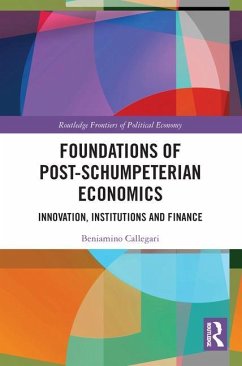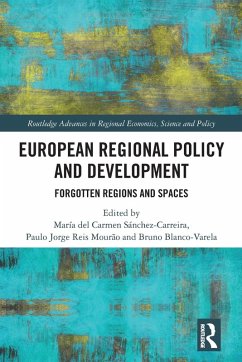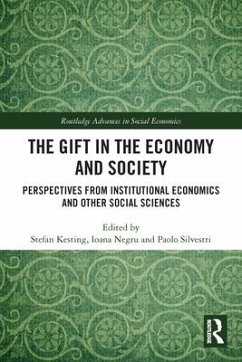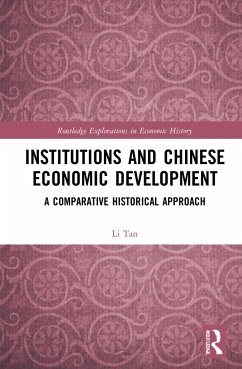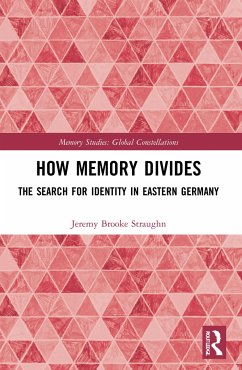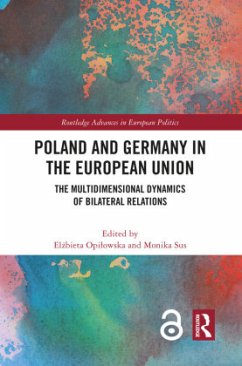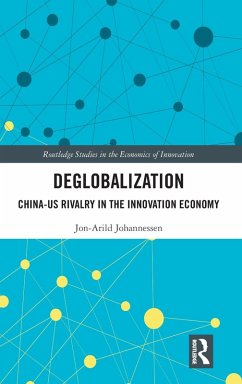
Evolutionary Urban Development
Lessons from Central and Eastern Europe
Versandkostenfrei!
Versandfertig in 6-10 Tagen
43,99 €
inkl. MwSt.
Weitere Ausgaben:

PAYBACK Punkte
22 °P sammeln!
Drawing on a range of disciplinary approaches, this text explores the drivers of urban development.Through an evolutionary lens, cities are shown to find a development path amidst an ever-changing landscape, sometimes facing extreme externalities such as wars and economic crises. Key themes covered include urban growth, decentralisation, path dependence, institutional change, governance, entrepreneurship and culture. Detailed case studies of the history-rich metropolises of Berlin, Budapest and Warsaw allow the author to examine the adaptive abilities of cities in flux and draw conclusions wit...
Drawing on a range of disciplinary approaches, this text explores the drivers of urban development.
Through an evolutionary lens, cities are shown to find a development path amidst an ever-changing landscape, sometimes facing extreme externalities such as wars and economic crises. Key themes covered include urban growth, decentralisation, path dependence, institutional change, governance, entrepreneurship and culture. Detailed case studies of the history-rich metropolises of Berlin, Budapest and Warsaw allow the author to examine the adaptive abilities of cities in flux and draw conclusions with broader international relevance.
This text will be valuable reading for advanced students and researchers in urban economics, evolutionary economics, institutional economics and Central European studies.
Through an evolutionary lens, cities are shown to find a development path amidst an ever-changing landscape, sometimes facing extreme externalities such as wars and economic crises. Key themes covered include urban growth, decentralisation, path dependence, institutional change, governance, entrepreneurship and culture. Detailed case studies of the history-rich metropolises of Berlin, Budapest and Warsaw allow the author to examine the adaptive abilities of cities in flux and draw conclusions with broader international relevance.
This text will be valuable reading for advanced students and researchers in urban economics, evolutionary economics, institutional economics and Central European studies.





